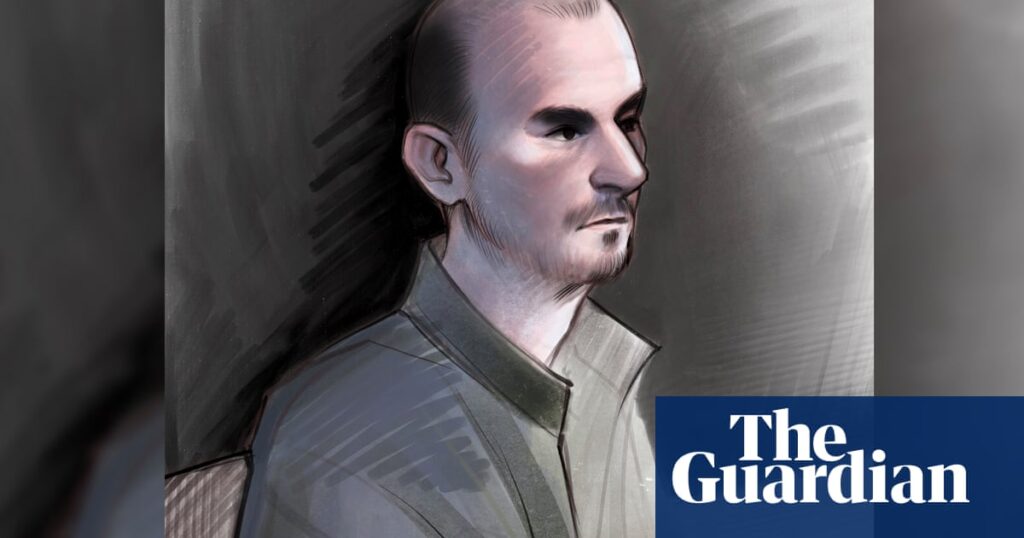
Concerns about reputation and potential legal repercussions may be discouraging individuals from reporting abuse within the childcare sector, a recent inquiry in Queensland has revealed. The interim report, focusing on the case of Ashley Paul Griffith—dubbed Australia’s worst paedophile—highlights significant flaws in the state’s child protection systems.
Griffith, sentenced to life imprisonment last year for the sexual abuse of 73 young girls in Brisbane and Italy, managed to meet all requirements for a Blue Card, Queensland’s working with children check, until his arrest on 1,623 charges of child abuse. This shocking revelation was part of the findings by the Queensland Child Death Review Board, which was tasked with investigating the incident by the Queensland Family and Child Commission.
Systemic Flaws and False Security
The inquiry’s interim report, released in June, pointed out that fears of damaging personal or organizational reputation, along with defamation and legal risks, may prevent individuals from raising concerns about potential abuse within the childcare sector. The complaint process can be particularly daunting when the accused holds a senior position or is involved in the investigation.
Despite multiple complaints about Griffith to his employers, the Early Childhood Regulatory Authority, and the Queensland police, the report notes that these were not always pursued, and crucial information was not shared between agencies. “Prior complaints made to QPS did not proceed to prosecution,” the report stated, indicating systemic failures in addressing the allegations.
“This meant that up until the time of the offender’s arrest in 2022, there were no pending investigations, charges or convictions against him, and he met all requirements to obtain and maintain a Blue Card.”
Limitations of the Blue Card System
The inquiry also criticized Queensland’s Blue Card system as a reactive tool that fails to identify individuals who have not been previously detected for offending behaviors. The report warns that a lack of understanding of these limitations can lead to a false sense of security among organizations.
Taskforce Argos, one of the world’s leading police units dedicated to combating online child sex abuse, ultimately detected Griffith’s offenses in 2022. However, earlier investigations by other police elements had dismissed complaints against him, despite his criminal activities dating back to 2007.
Broader Implications and Future Steps
Australia has faced criticism for having some of the weakest child abuse prevention programs globally, with several recommendations from the 2017 royal commission into child sexual abuse still pending implementation. In response, Queensland Attorney General Deb Frecklington has called for a comprehensive review of the state’s response systems to child sexual abuse, aiming to enhance laws, policies, and practices across early childhood education, police, and Blue Card systems.
The Queensland Child Death Review Board has been actively working on this initiative, issuing 14 information requests and gathering over 17,000 pages of material, along with 36 hours of video and audio recordings from post-Griffith investigations. The board has also collaborated with academic institutions and convened an expert roundtable to explore the issue further.
“The board has issued 14 information requests and received more than 17,000 pages of material and 36 hours of video footage and audio recordings from investigations conducted after Griffith’s offending was detected.”
The final report, expected later this year, will likely provide further insights and recommendations to strengthen child protection measures in Queensland and beyond.






